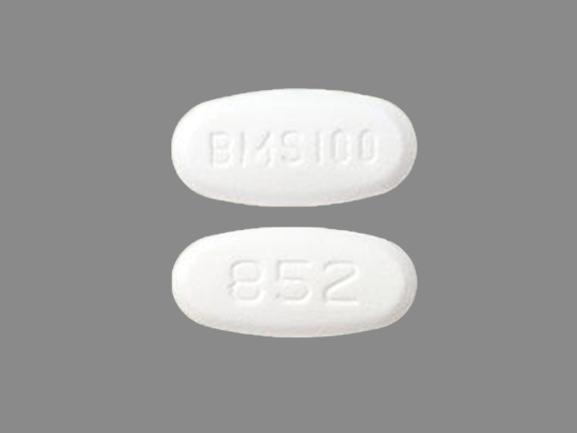Sprycel and Alcohol/Food Interactions
There is 1 alcohol/food/lifestyle interaction with Sprycel (dasatinib).
Dasatinib Food/Lifestyle
Major Food Interaction
Do not consume grapefruit or grapefruit juice during treatment with dasatinib. Grapefruit juice can significantly increase the blood levels and effects of dasatinib, which may result in excessive slowing of heart rate or other conduction disturbances and it may affect your bone marrow function, resulting in low numbers of different types of blood cells. You may be more likely to develop anemia, bleeding problems, or infections due to low blood cell counts. Talk to your doctor if you have any questions or concerns. You should seek immediate medical attention if you develop sudden dizziness, lightheadedness, fainting, shortness of breath, heart palpitations, paleness, fatigue, unusual bruising or bleeding, fever, chills, diarrhea, sore throat, muscle aches, blood in phlegm, weight loss, pain or burning during urination, red or inflamed skin, or body sores during treatment with dasatinib. It is important to tell your doctor about all other medications you use, including vitamins and herbs. Do not stop using any medications without first talking to your doctor.
Switch to professional interaction data
Sprycel drug interactions
There are 822 drug interactions with Sprycel (dasatinib).
Sprycel disease interactions
There are 6 disease interactions with Sprycel (dasatinib) which include:
- cardiovascular disease
- fluid retention
- bone marrow suppression
- hepatic impairment
- pulmonary arterial hypertension
- QT prolongation
More about Sprycel (dasatinib)
- Sprycel consumer information
- Check interactions
- Compare alternatives
- Pricing & coupons
- Reviews (21)
- Drug images
- Side effects
- Dosage information
- Patient tips
- During pregnancy
- Generic availability
- FDA approval history
- Drug class: BCR-ABL tyrosine kinase inhibitors
- Breastfeeding
- En español
Related treatment guides
Drug Interaction Classification
| Highly clinically significant. Avoid combinations; the risk of the interaction outweighs the benefit. | |
| Moderately clinically significant. Usually avoid combinations; use it only under special circumstances. | |
| Minimally clinically significant. Minimize risk; assess risk and consider an alternative drug, take steps to circumvent the interaction risk and/or institute a monitoring plan. | |
| No interaction information available. |
See also:
Further information
Always consult your healthcare provider to ensure the information displayed on this page applies to your personal circumstances.


